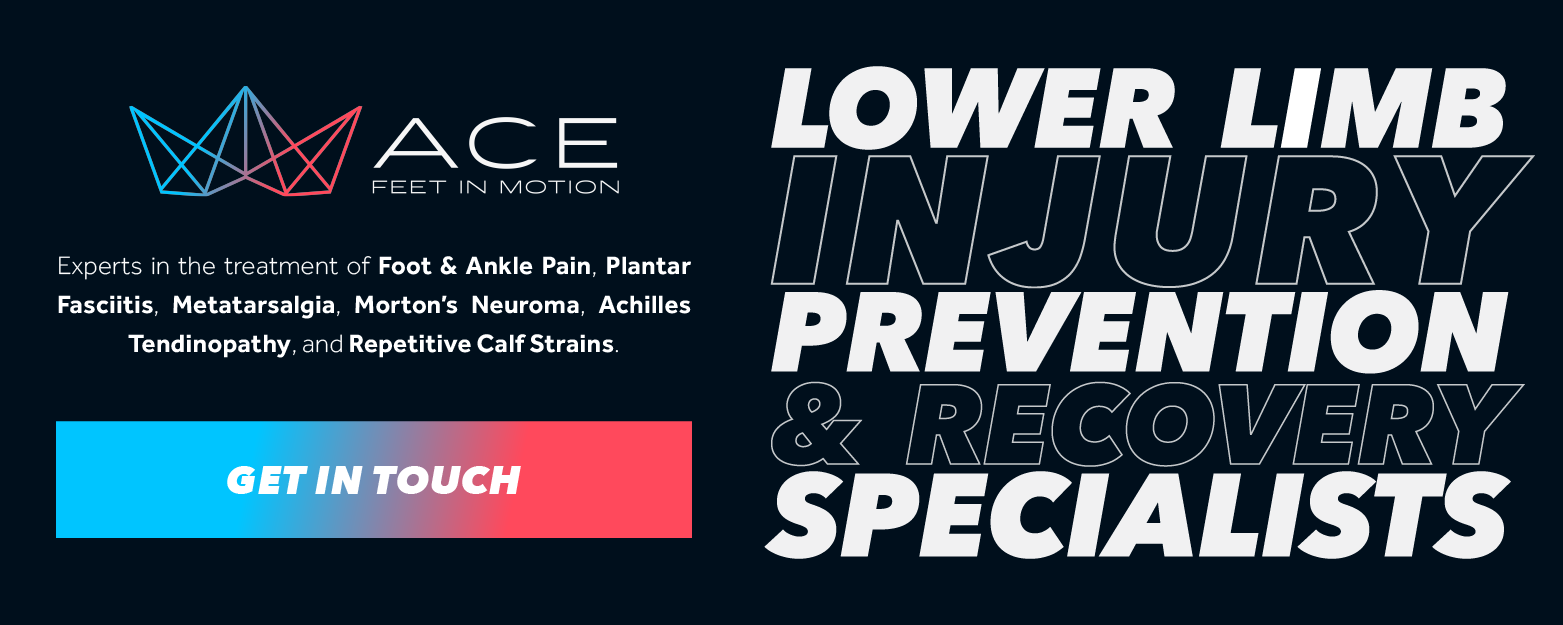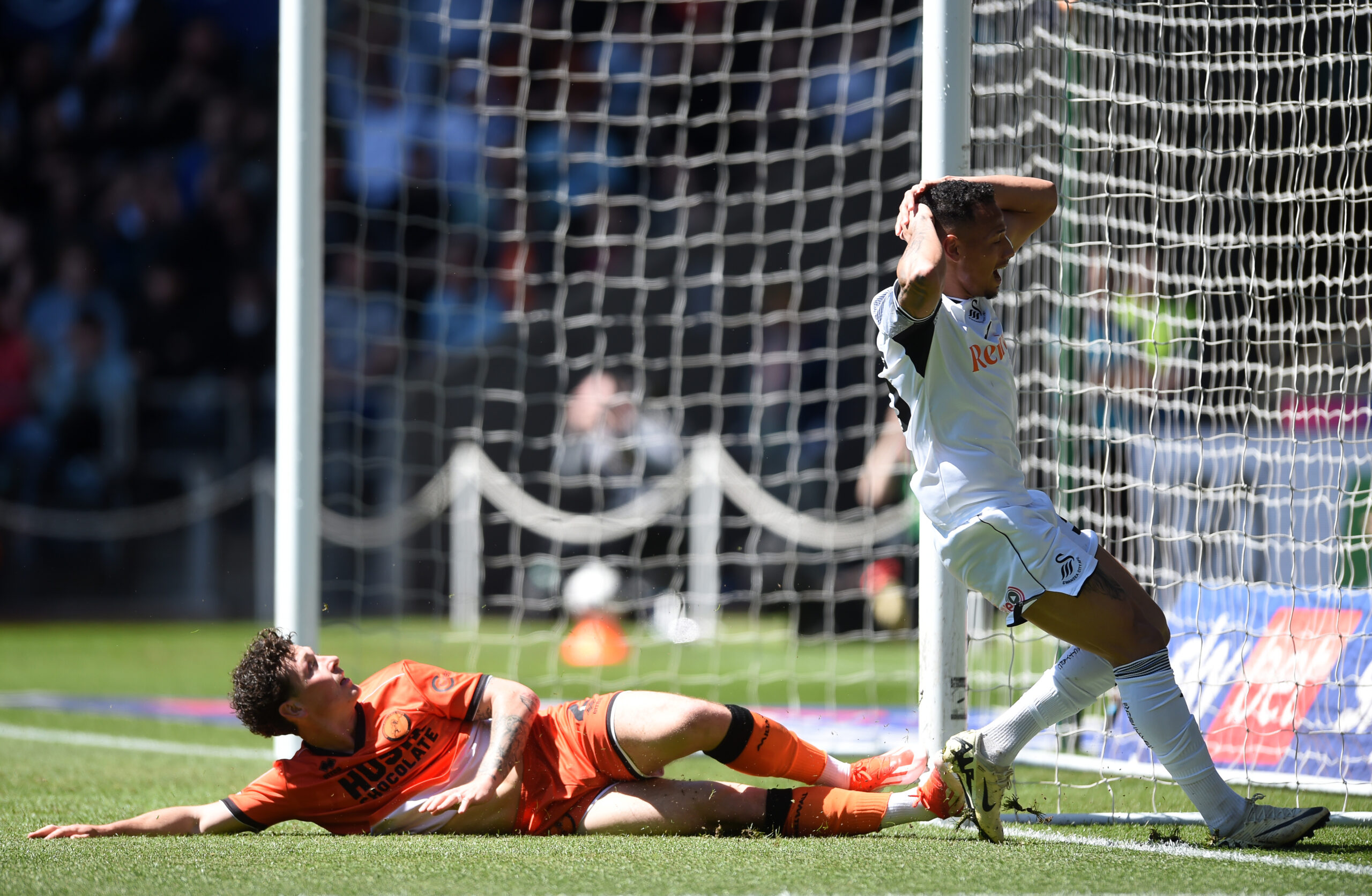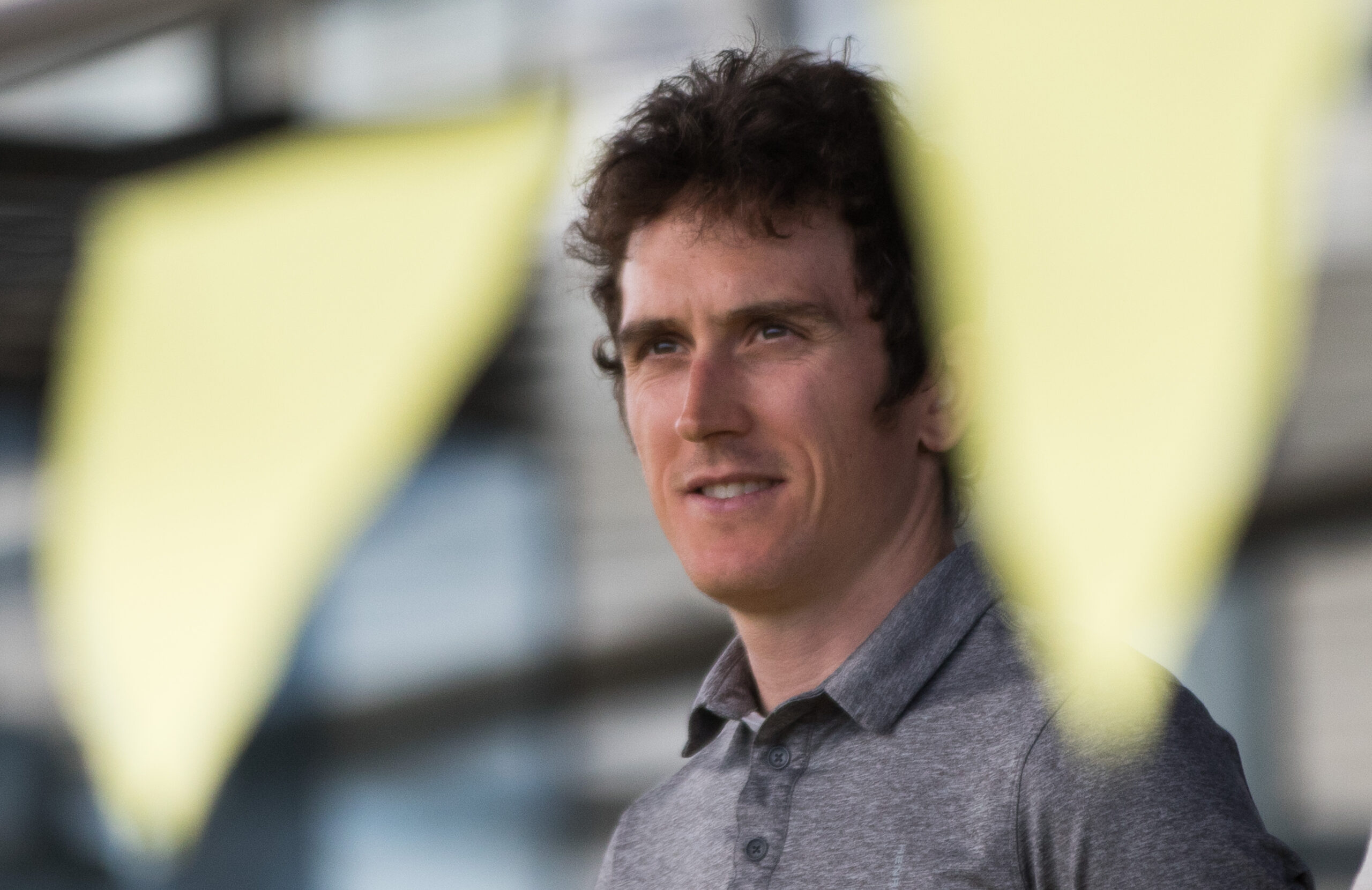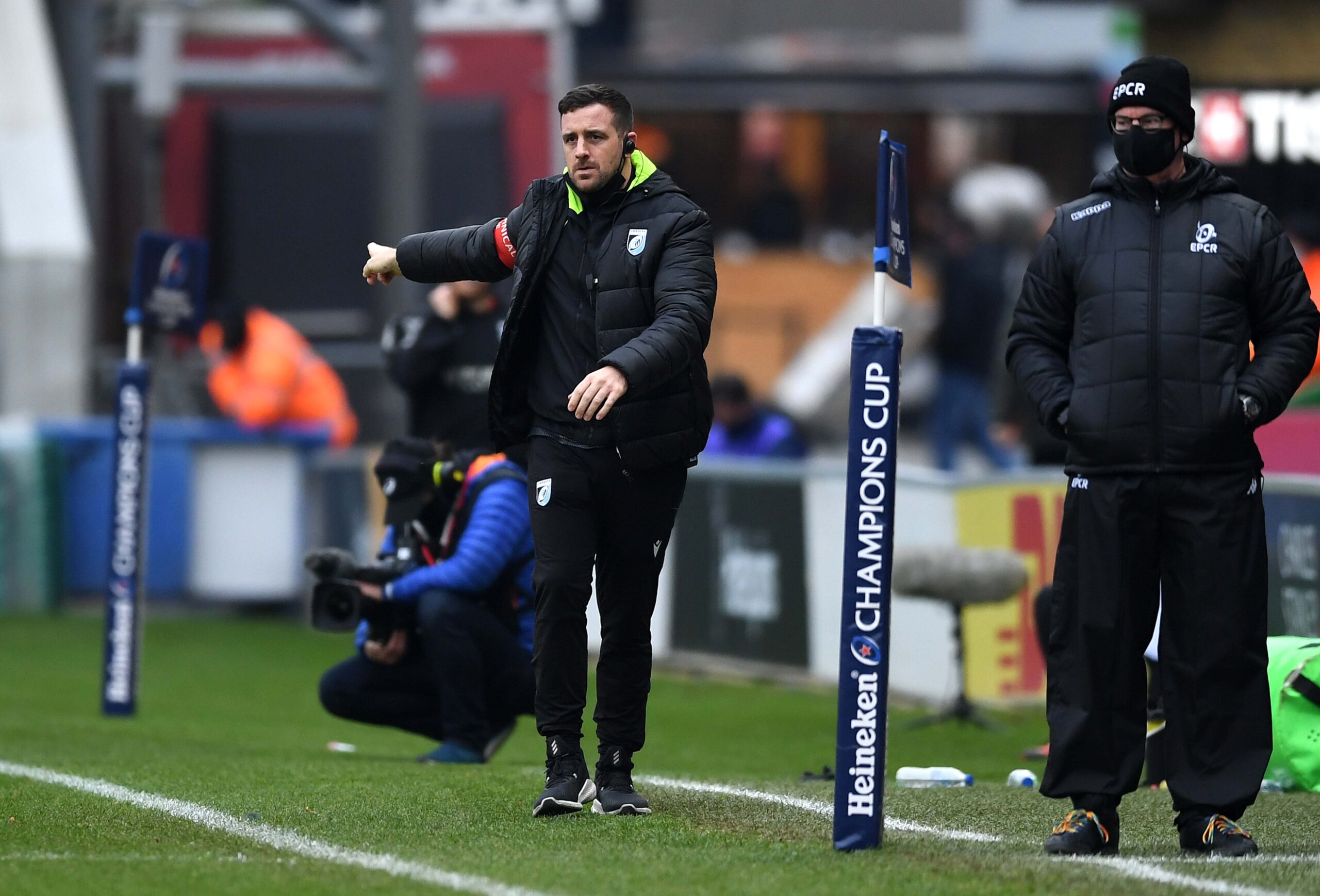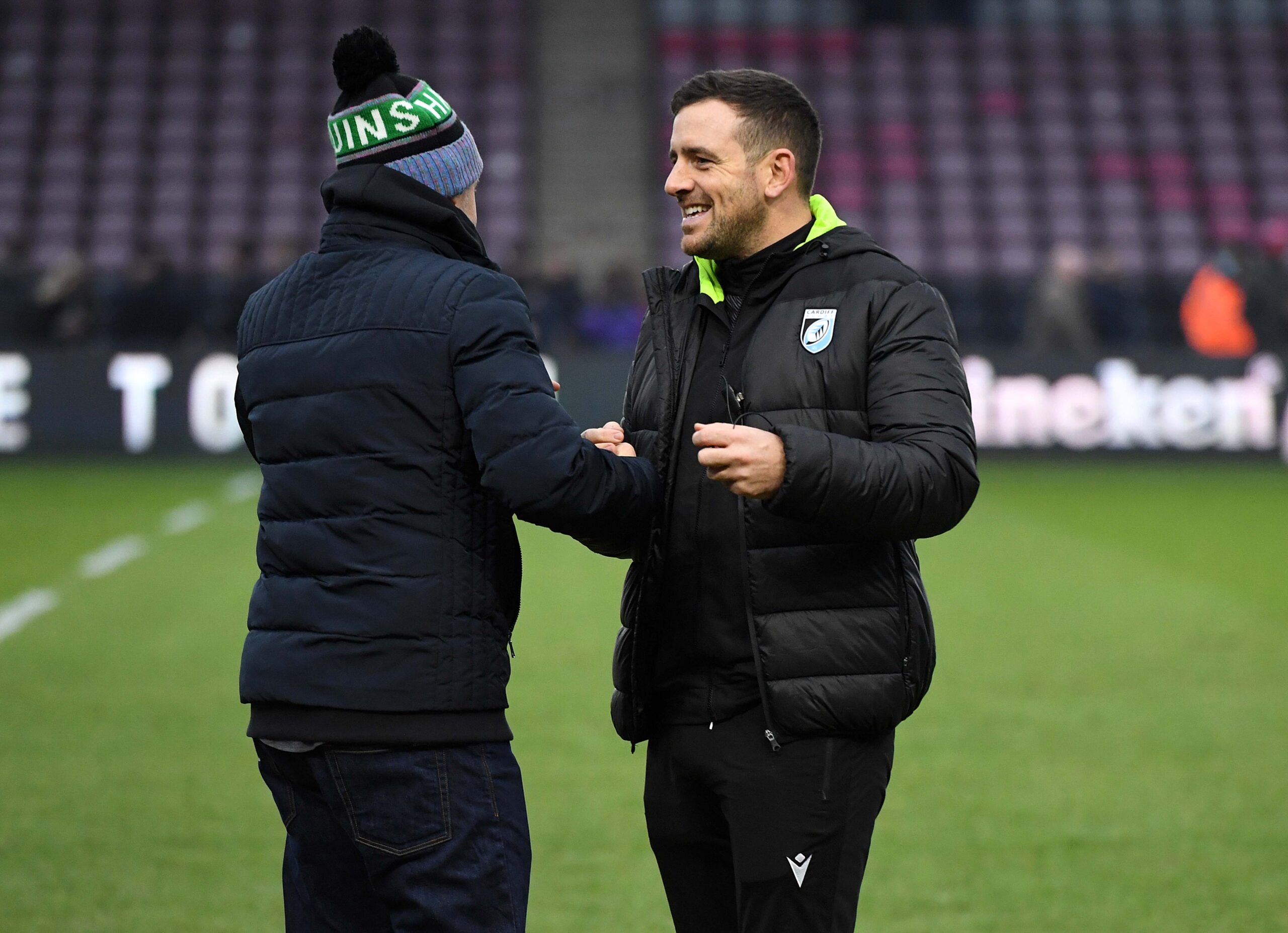Business After Sport – With Wales former international rugby union player Sam Warburton
SW7 . . . The Company That has Sam Warburton’s Name and Number
For a player who always seemed so clear in his decision-making, Sam Warburton admits he was clueless after his rugby career ended.
He may have captained Wales to Six Nations titles, guided his country into two World Cups, twice led the Lions on tour, and always appeared to know which ruck to hit and which to guard.
But when it came to life after rugby at the age of 29, five years ago, that clear mindedness got lost in a fog.
“When I finished playing, I had no idea what I wanted to do,” he says. “I kind of took on four part-time jobs, but they quickly became more than part-time, and I was busy, really busy.
“I was coaching, doing TV work, a lot of public speaking, and running this business with the fitness app. But I also had a family with kids, and I realised I was trying to do too much.
“I was actually in a loo and saw a quote on the wall from Steve Jobs that urged people to get involved in things they feel passionate about. I thought, that’s true. It worked for me when I played rugby and I should do what I enjoy now, too.
“I realised, that what I was passionate about was fitness, and working with people to help get them fitter, healthier, and active. One of the things that convinced me was knowing I knew so much about this area because I’d been living it since I was 15.
“I knew how I wanted to help people and what myths I wanted to bust.”
The result was the SW7 Academy – a fitness, conditioning and nutritional programme delivered online, and in-person aimed at varying performance levels.
As well as general fitness programmes, Cardiff-based SW7 also offer specific rugby development programmes for both clubs and individual players.
Like many a business that began in 2020, the unseen impact of Covid lockdowns provided a huge challenge for Warburton and his colleagues, but also offered them lessons in how to adapt to changing circumstances.
“At one point, myself and my business partner were up all night into the early hours uploading the email addresses of 5,000 people because we didn’t have the proper technology.”
But the former Cardiff back row forward was convinced if he could get the technology right, then the business would grow.
“I knew we would be attractive to people because we want to help people succeed and feel good about themselves.
“I’d seen and heard about so many personal fitness instructors who thought their role was to break people, to crush their clients in order to improve them, but that always seemed a wrong approach to me.
“Who wants to be miserable just because they want to get fit? Training should make you feel good, not miserable. Short-term fixes that make you unhappy are not sustainable.”
Warburton and business partner Josh Davies now boast a five-strong team of trainers and currently have around 1,200 individual clients who are using their app.
Having moved into the area of clubs and schools, their client list is up to around 1,500 in total.
They also have ambitious plans to develop into the USA, Australia, New Zealand and South Africa.
“I like to think we are still only at the bottom of an upward curve,” says the man who was so persuasive on the rugby field, he famously once convinced a referee to change a penalty decision that turned a likely series loss for the Lions into a draw.
So, all that captaincy, all those years of experience of dressing room relationships and codes – how valuable has that background been in the cut-and-thrust of business?
“I remember asking this question to Ryan Jones after he went into the real world from rugby,” says Warburton.
“He told me the massive difference he noticed was that in the workplace, people are really scared about making mistakes. Whereas, on the rugby field, you accept you will make mistakes, but you do your best to fix them when they happen.
“We are now on our third app with this business. We quickly realised after 12 months we had outgrown the first one, the second one we thought would be good for the long term, until we knew it wouldn’t be.
“So, some business people can be cautious, but I think it’s about pushing the boat out and seeing how far you can go.
“I stick to my playing principles – be as accurate and efficient as possible, and always remain professional. But don’t be afraid of mistakes and embrace the opportunity to fix them as you go along.”
It’s a strategy he hopes will be as effective as it once was for him at Cardiff Arms Park and the Principality Stadium.




